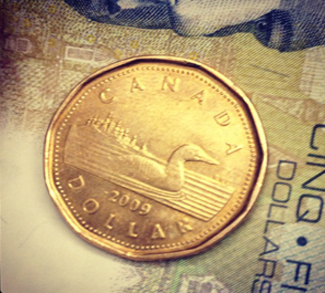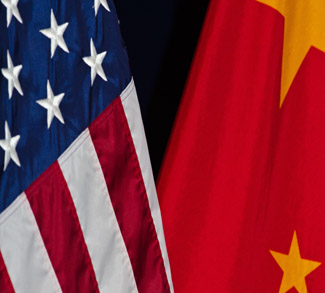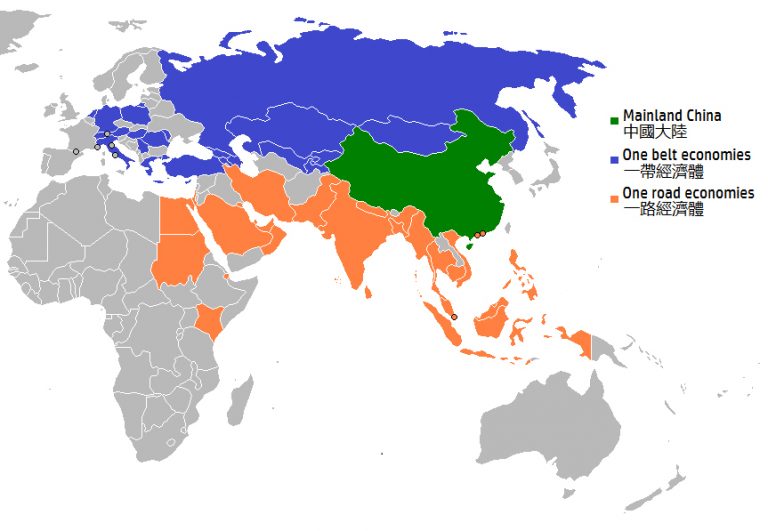Summary
Japan is experiencing the biggest economic downturn of its post-war history. As economic gloom pervades through Japanese society, it appears that the period of unbroken one-party rule in Japanese politics is almost over.
Analysis
An over reliance on trade and the American market, coupled with a strong Yen, have left the Japanese economy particularly susceptible to the effects of the global economic downturn. Japanese exports have dropped 46% since last January, resulting in a record trade deficit of $10 billion. Exports to America have dropped 53%, while exports to Asia are down 47%. Plummeting trade volume has caused Japan’s real GDP to contract in three consecutive quarters. During the last quarter it contracted at an annualized rate of 12.7%. Since 1955, there have been only two instances of three consecutive quarters of real GDP contraction in Japan. Experts believe that the next quarter results will yet again show a double-digit annualized rate of contraction. If these predictions prove true, it will mark the first time in Japanese post-war history that the real GDP has shrunk by over 10% in two consecutive quarters.
Factories across Japan are increasingly falling quiet. January’s 10% decline in industrial production marked the fourth consecutive month of declining output. A monthly drop of 10% is unprecedented in Japanese history.
As the national economy shrinks, Japanese companies have in turn begun to cut jobs. Pioneer, Sony, Toshiba, Toyota and Nissan are just a few of the companies that have recently announced layoffs. Analysts predict that this trend will continue, propelling Japan’s current unemployment rate of 4.6% to over 10% in the next few years. Yasushi Okada, an economist with the Cabinet Office, has recently stated that an unemployment rate of over 5% risks triggering a new spiral of Japanese deflation. There are alarming signs that such a spiral has already begun. Land prices in Tokyo, Osaka, and Nagoya have dropped by an average of 12% since October 2008.
The ruinous economic outlook is undermining support for the Liberal Democratic Party (LDP) government. Recent polls show that only 15% of the population approve of the job Prime Minister Taro Aso is doing. His ill-fated decision to defend ex-Finance Minister Shoichi Nakagawa’s seemingly drunken performance at the Rome G7 conference seems to have sealed his fate. Not even President Obama’s invitation for Aso to meet him at the White House, the first such invitation sent out to a foreign leader, could save Aso’s public image in Japan.
Waiting in the wings is Ichiro Ozawa and the current opposition Democratic Party of Japan (DPJ). The DPJ was formed over a decade ago, with Ozawa ascending to the presidency in 2006. Since then, he has been instrumental in building the stature and effectiveness of the role of the official opposition party in Japanese politics.
On her most recent trip, Hillary Clinton deemed it necessary to meet with Ozawa, a sign of his party’s ascendant influence. The DPJ’s goal of becoming a viable alternative to the LDP could be realized in general elections that will be held before September. The DPJ is currently leading in opinion polls and if the situation remains constant, they will form the new government.
Since the LDP has ruled Japan nearly un-interrupted for the past five decades, this complete collapse of LDP support is tantamount to a fundamental shift in Japanese politics.
Zachary Fillingham is a contributor to Geopoliticalmonitor.com



